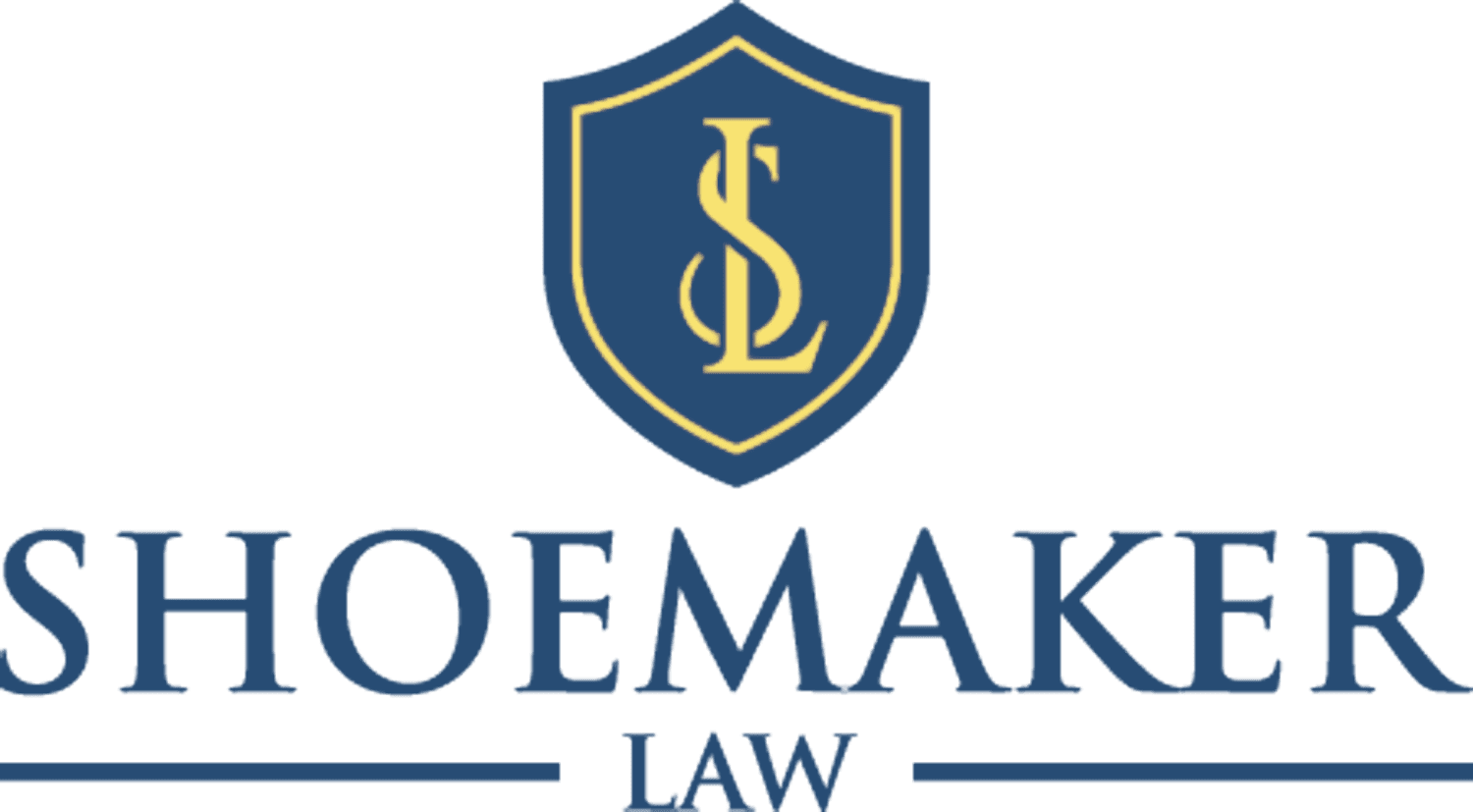White collar crime is a significant and often high-profile issue. Unlike violent crime, white collar offenses are characterized by deceit and financial gain rather than physical violence. These crimes can have devastating effects on businesses, individuals, and the economy as a whole.
When faced with accusations of white collar crime, having a robust and strategic criminal defense is crucial.
This blog post will explore the nature of white collar crime and offer insights into effective criminal defense tactics.
What Is White Collar Crime?
White collar crime refers to non-violent criminal offenses typically committed by individuals, businesses, or government officials in positions of trust. The term was popularized by sociologist Edwin Sutherland in 1939 to describe crimes that occur in a business or professional context and are motivated by financial gain.
Common examples of white collar crimes include:
- Fraud: This encompasses various schemes designed to deceive individuals or entities for financial gain, such as securities fraud, insurance fraud, and mortgage fraud.
- Embezzlement: This involves the misappropriation of funds entrusted to someone’s care, such as an employee diverting company funds for personal use.
- Money Laundering: The process of concealing the origins of illegally obtained money, often by channeling it through legitimate businesses or transactions.
- Tax Evasion: Illegally avoiding tax liabilities through deceitful means, such as underreporting income or inflating deductions.
- Bribery and Corruption: Offering or receiving something of value to influence the actions of public officials or business transactions.
The Impact of White Collar Crime
White collar crimes can be financially devastating, causing significant losses for companies and individuals. For businesses, these crimes can lead to substantial financial penalties, loss of reputation, and erosion of trust among stakeholders. Individuals accused of white collar crimes may face severe legal consequences, including hefty fines and lengthy prison sentences. The complexity and nature of these crimes also mean that defending against them requires a thorough understanding of financial systems and legal principles.
Effective Criminal Defense Tactics for White Collar Crime
Defending against white collar crime accusations demands a strategic and multifaceted approach. Here are some key tactics employed by experienced criminal defense attorneys:
Understanding the Complex Financial Evidence
White collar crimes often involve intricate financial transactions and documents. A defense attorney needs to thoroughly analyze the evidence presented by the prosecution. This may involve working with forensic accountants or financial experts to identify inconsistencies, errors, or alternative explanations for the alleged criminal conduct. By dissecting complex financial data, the defense can challenge the prosecution’s claims and build a stronger case.
Identifying and Challenging Procedural Errors
Procedural errors can undermine the prosecution’s case. These may include issues related to the handling of evidence, legal procedures during the investigation, or violations of the defendant’s rights. A skilled attorney will scrutinize every aspect of the investigation and legal process to identify any procedural missteps that could lead to the dismissal of charges or suppression of key evidence.
Assessing the Intent and Knowledge
White collar crimes often require proof of intent and knowledge. The prosecution must demonstrate that the accused knowingly engaged in illegal activities with fraudulent intent. The defense can challenge this by presenting evidence that the defendant lacked intent or acted in good faith. For example, proving that an action was taken based on misunderstanding or incorrect advice can be a powerful defense.
Negotiating Plea Deals
In some cases, negotiating a plea deal may be the most strategic approach. A plea deal involves the defendant agreeing to plead guilty to lesser charges in exchange for reduced penalties. This can be advantageous when the evidence against the defendant is strong or when the risks of going to trial are substantial. An experienced defense attorney can negotiate terms that minimize penalties and avoid the uncertainties of a trial.
Highlighting Mitigating Factors
Mitigating factors can play a crucial role in reducing the severity of charges or penalties. These factors may include the defendant’s lack of prior criminal record, cooperation with authorities, or the absence of direct harm caused to victims. Presenting these factors effectively can lead to more lenient sentencing or alternative forms of punishment, such as probation or community service.
Building a Strong Defense Strategy
Each white collar crime case is unique, and a tailored defense strategy is essential. This involves developing a comprehensive understanding of the charges, financial components, and other evidence. A robust defense strategy might include challenging the credibility of witnesses, disproving allegations through expert testimony, and presenting alternative explanations for the accused’s actions.
Conclusion
White collar crimes pose significant legal and financial challenges, and defending against such accusations requires a sophisticated and well-planned approach. A knowledgeable attorney can provide valuable guidance, develop a strategic defense, and work to achieve the best possible outcome in the face of serious allegations.
If you or someone you know requires legal assistance with white collar crime issues, reach out to us at 904-872-SHOE to discuss your case and explore your options for mounting an effective defense.
